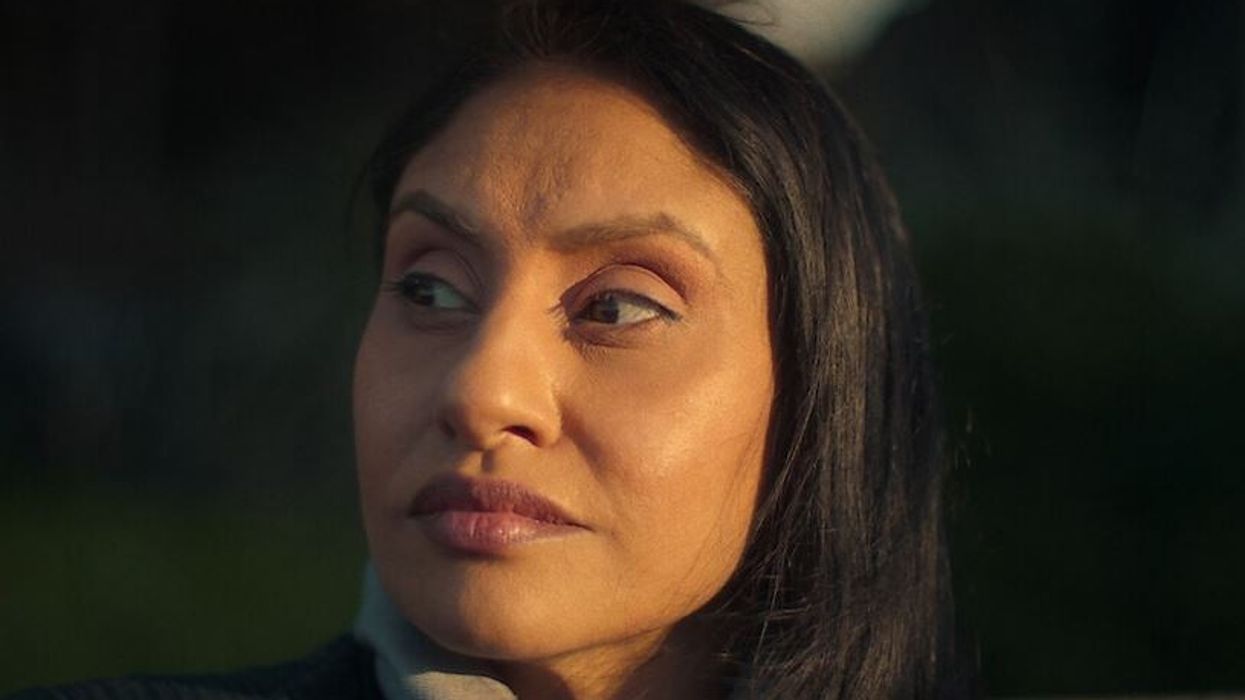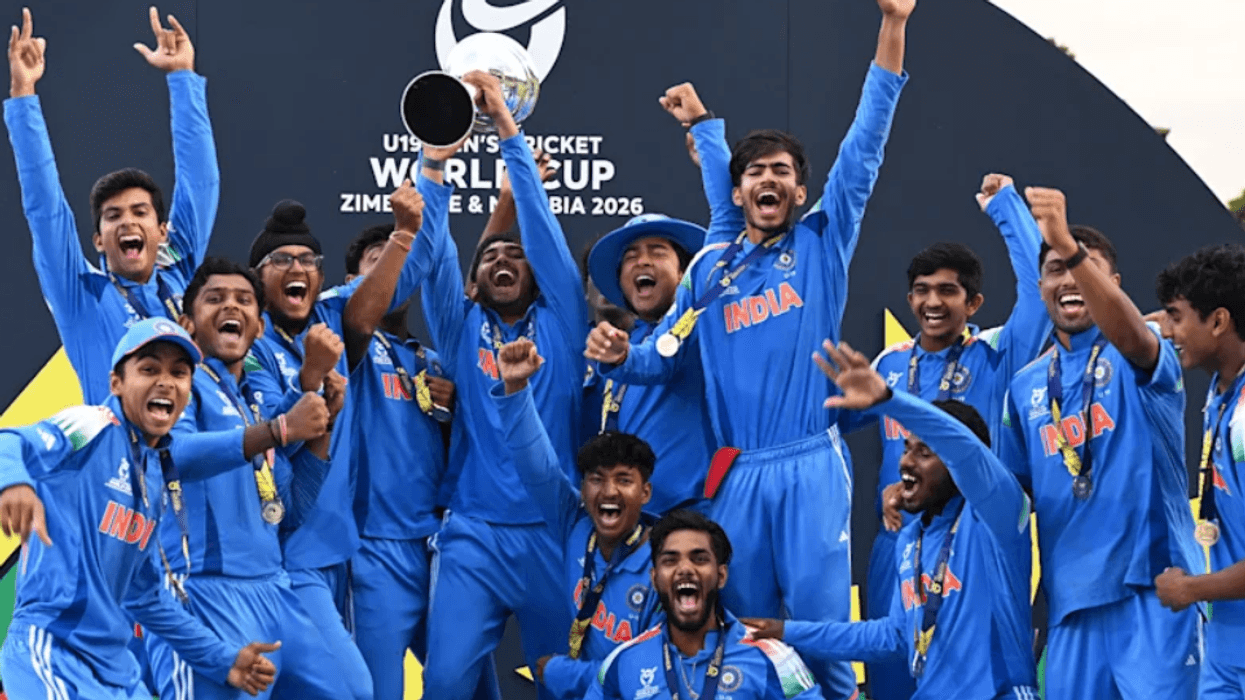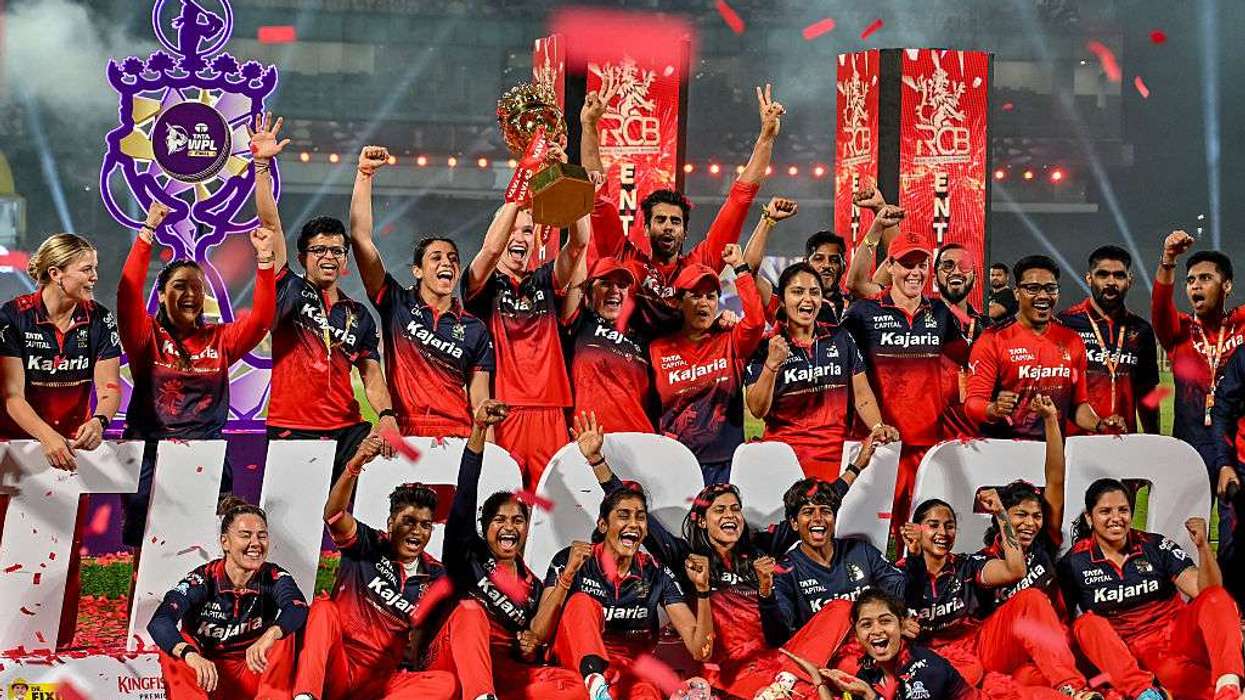A Netflix documentary about a British Asian catfishing victim has sparked calls for legal reform to tackle catfishing and online deception.
Released on Thursday (16), Sweet Bobby: My Catfish Nightmare tells the true story of Kirat Assi, who was deceived in a prolonged catfishing scheme.
Catfishing is an online scam where someone pretends to be someone else to fool others into thinking they are friends or in a romantic relationship.
The film, directed by Lyttanya Shannon, created in partnership with Tortoise Media and inspired by its popular podcast of the same name, follows Assi as she narrates her story in a mostly chronological, first-person format.
Reviewers rate the documentary as average 'paired with familiar sentiments about moving forward after enduring unimaginable psychological manipulation'.
Over the course of eight years, Assi believed she was in contact with a man named Bobby Jandu, only to discover that the person behind the deception was actually her cousin, Simran Bhogal.
It all began in 2010 when Assi, a London-based radio presenter, received a Facebook friend request from Jandu, a man she thought she shared mutual connections with. Their friendship grew through regular online exchanges, and he confided in her about his personal struggles, including a difficult marriage.
Over the years, their relationship deepened, but they never met in person. Instead, Jandu's life seemed to become more and more complicated. He claimed to have been shot while in Kenya, supposedly placing him in witness protection.
As their connection continued online, his numerous health crises, including a stroke and heart attack, were always corroborated by others who reached out to Assi, convincing her that his situations were real.
The emotional manipulation escalated to the point where her mental health suffered. She became overwhelmed by stress and was signed off work.
Eventually, she grew suspicious, especially after failed attempts to meet him in person. In 2018, her doubts led her to hire a private investigator who traced him to an address in Brighton.
When she arrived at the house, she was confronted with the truth: Jandu didn’t exist, and the man she had been corresponding with had no idea who she was.
The shocking twist was revealed when Kirat confronted her cousin, Bhogal, who confessed to having orchestrated the entire deception. She had been impersonating Jandu for years, manipulating her emotions and fabricating elaborate lies.
This betrayal left Assi devastated, not only because of the emotional toll but also because the catfishing had come from someone she considered family.
In 2020, Kirat took legal action against Bhogal, winning a civil case for harassment, misuse of private information, and data breaches. Despite the legal victory, Bhogal has remained largely out of the public eye, refusing to participate in the Netflix documentary based on the Sweet Bobby podcast. She maintains that the matter is a private family issue, stemming from events that began when she was a schoolgirl.
Assi, meanwhile, has shared her story in the hope that it might help others recognise the dangers of online manipulation and speak out if they feel they aren’t being believed.
“What is important to understand about me and other victims of catfishing is that we need to be allowed to be happy, but at the same time it doesn’t mean that we don’t still suffer. My suffering is personal. Suffering is being vulnerable and I don’t want to share that with everybody. I don’t want to be judged for being happy after having gone through something awful. Victims deserve happiness," she told the Times.





